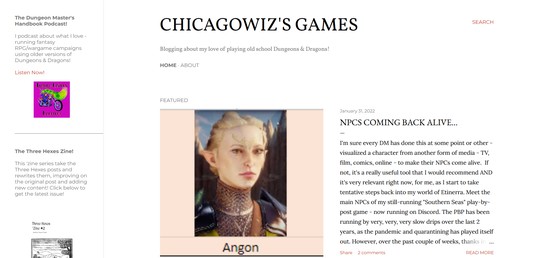
155 pages. This 1995 edition includes black-and-white sketches by Quentin Blake.
This being the 50th anniversary of Willy Wonka and the Chocolate Factory (starring Gene Wilder), and having read some comments that the novel was much better than the first movie, I decided it was time to read the novel myself.
Roald Dahl, as you probably know, wrote some of the best-known books for children, including Matilda and James and the Giant Peach.
I'm writing from the perspective of someone who has watched and enjoyed Willy Wonka and the Chocolate Factory (1971) many times.
The set-up is that the owner of a major chocolate factory, Willy Wonka, has closed his factory gates and become a recluse due to competitors trying to steal his secrets. Mysteriously, this does not prevent his factory from still operating! Then he suddenly announces that five Golden Tickets have been placed in his products – five lucky children will get a private tour of Wonka's chocolate factory!
We also meet Charlie, a kind little boy who lives in poverty with his parents and both sets of grandparents in a ramshackle house not far from Wonka's factory. Once a year, Charlie gets the pleasure of enjoying a single Wonka bar.
Charlie wants more than anything to get a Golden Ticket, but it seems increasingly unlikely as one by one, the Golden Tickets are revealed.
The book is a fun, quick read, and the illustrations in this edition provide an alternative to the way the movie depicted the same story.
I was surprised, frankly, by how little the movie differs from the original novel. One of the factory rooms was obviously difficult to film in 1971, but it was replaced by another room described in passing in the novel! The movie has a twist in the ending which doesn't exist in the novel.
The Oompah-Loompahs are an obvious change. In this edition, they are two-foot-tall pinkish-white people from the jungle. In the original publication, they were black Africans, but this was changed by the author for later editions when it was pointed out to him that it was uncomfortably close to slavery! And in the movie, they were weird orange creatures. In the movie, they sing… and in the novel, they sing long stanzas that made my eyes dizzy.
The great Jack Albertson played Grandpa Joe in the movie, and fits the novel perfectly. Peter Ostrum plays an angelic Charlie in the movie; in the novel, Charlie seems younger and very quiet.
Willy Wonka is the character that people can't stop talking about. The novel's Wonka is a older, bearded man who is hyperactive; Gene Wilder's Wonka perfectly captures the dialogue from the novel, while being a younger and kinder version.
There's a double story in this tale. One story is the judgment tale of the four bad children, who personify the sins of gluttony, selfishness, chewing gum, and watching too much television. The other story is that of the poorest, humblest child in the world getting a great reward. It's an imaginative and fun story.
Can you game it? Surely, someone has already built a Hordes of the Things army based on Wonka and the Oompah-Loompahs? They would also work as a force in any whimsical 20th Century setting. You could also field Oompah-Loompahs in a fantasy or Pulp Africa campaign.
I'm glad I went back and read the novel. I found it increased my appreciation for the 1971 film (As of this writing, I haven't seen the other versions).
Reviewed by ![]() Editor in Chief Bill
Editor in Chief Bill ![]()
![]() .
.








